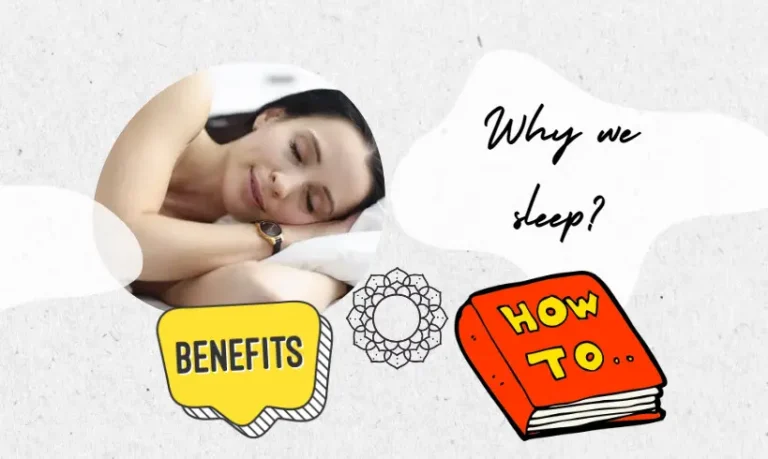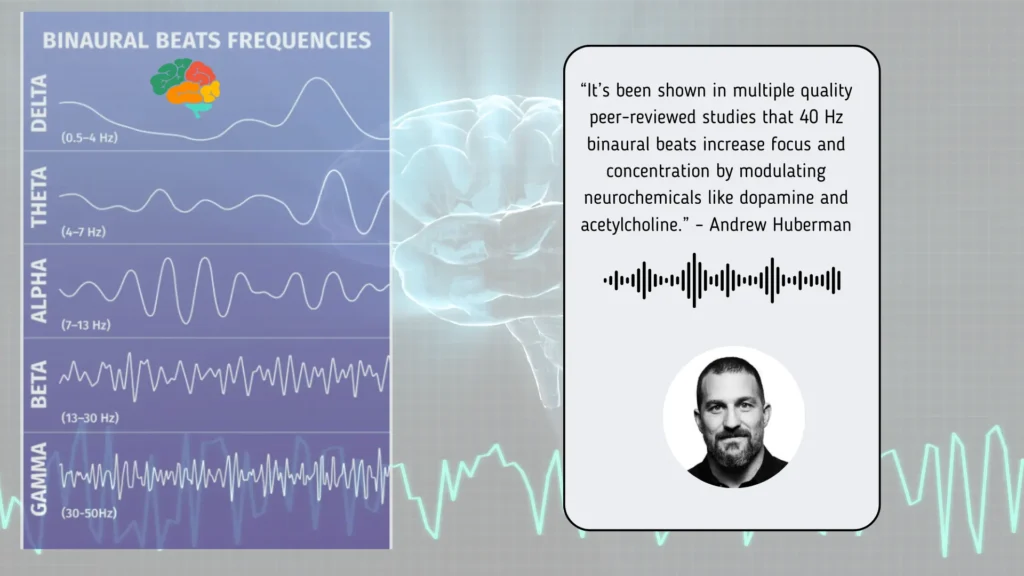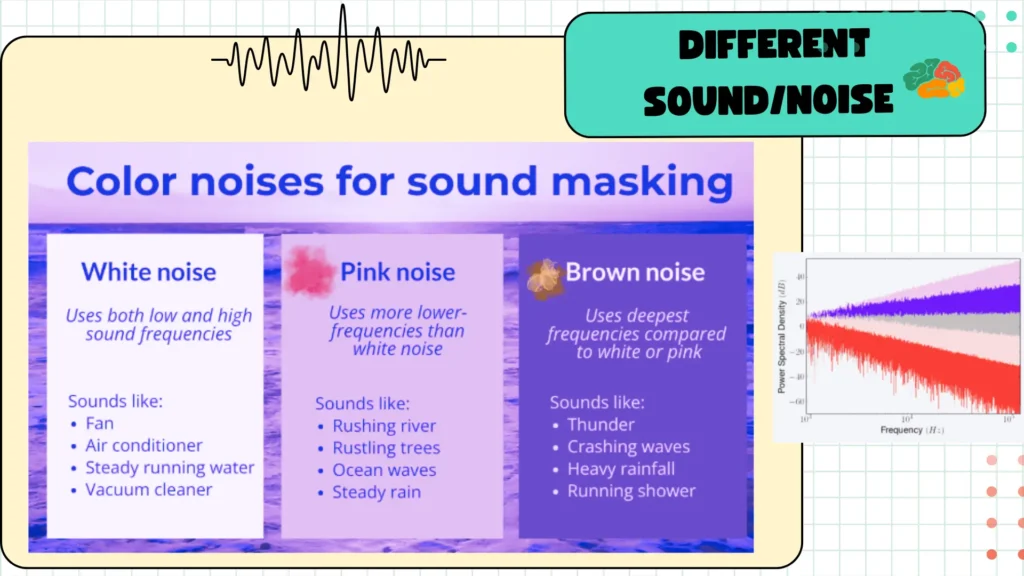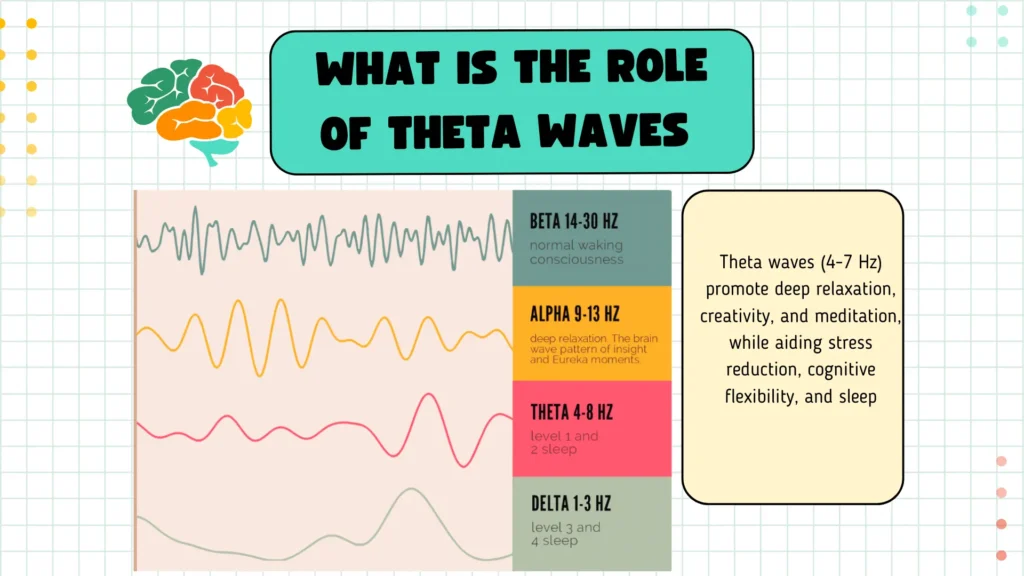Theta Sound Waves:The Key to Powerful Meditation and Reality Shifting
Brainwave frequencies play a crucial role in influencing our mental states, affecting everything from focus to relaxation and creativity. Among these, theta waves (4 Hz to 7 Hz) are particularly known for promoting relaxation, deep sleep, creativity, and deep meditation. In recent years, the use of sound therapy, including white noise, green noise, and theta sound waves, has gained attention for its potential to improve mental clarity, relaxation, and sleep quality. ? As a Yoga Nidra practitioner, I am always looking for ways to improve the experience for myself and my students, and sound wave energy definitely helped me take this to the next level. Particularly, I am intrigued by the theta brain waves and how they facilitate transformation during meditation.
This article aims to explore the science behind theta waves and their practical applications, appealing to meditation practitioners, students, professionals, and anyone looking to improve their mental well-being.
Table of Contents
Quick Takeaways
- Theta waves promote relaxation, creativity, and cognitive flexibility.
- Sound therapy with theta waves can improve focus and multitasking. This has been 100% scientifically backed.
- Theta waves are associated with deep meditation and stress reduction.
- White noise and green noise are complementary to theta waves for focus and relaxation.
- Binaural beats tuned to theta frequencies can enhance sleep quality and reduce anxiety.
A new study from the University of Surrey reveals that brain waves can be influenced during rapid eye movement (REM) sleep, a stage linked to memory and cognition. Researchers have developed innovative sound-based technology, that is sound waves at specific frequencies which can accelerates brain activity, and also help slow down and get in to deep states of relaxation.

Important Insight
Sound stimulation increases brain wave frequency during REM sleep.
Best Theta Wave Audios that I have used for my personal practice:
- Binaural beats and guided meditations: YouTube has a plethora of videos that incorporate theta waves. This is my go to and is an extremely reputed channel. You can also use this guided meditation video infused with theta waves.
- Monroe Institute’s extensive collection Or the Gateway Tapes: The Monroe Institute has exceptional quality audio. Its the most prominent in facilitating deep meditation and inducing different brain wave states. You can find choices on the Monroe Institute website. They used binaural beats and guided meditation techniques to help listeners achieve altered states of consciousness, including deep relaxation, out-of-body experiences, and expanded awareness. These tapes were part of a larger project exploring consciousness and human potential, often associated with practices like astral projection and remote viewing.
- Theta Metronome: Popularized by Stuart Wilde, theta metronome is a rythmic sound set at a particular frequency – often utilized in meditation to synchronize brain waves to desired states. Here is a popular channel.
- A Good audio to get you relaxed and sleepy– 8 Hours of Powerful Theta Waves Healing: Deep Meditation, Sleep, Intuition, Memory
Side Note: Always be careful when selection audio.
There tons of audio. Not all of them actually produce sounds at 4 to 8hz. Always check for reputable creators. Look for audio from established or trusted creators who specialize in sound therapy, brainwave entrainment, or music for meditation.

Sound is a form of energy that affects the brain in various ways, depending on its frequency. It’s crucial to be mindful of the audio you choose, as different frequencies can stimulate creativity or, in some cases, trigger anxiety. For example, upbeat music can boost happiness, while eerie soundtracks evoke fear. This connection between sound and emotional response is well-documented in neuroscience. I’ll delve deeper into this with the Gateway Tapes, which use specific frequencies to explore consciousness and brain function.
Introduction: Understanding Theta Sound Waves
What are Theta Waves
Theta waves are part of the spectrum of brainwave frequencies, sitting between the slower delta waves and the faster alpha waves. Occurring at frequencies between 4 Hz and 7 Hz, theta waves are associated with relaxation, creativity, and states of meditative awareness. They are often seen in the prefrontal cortex during deep relaxation and meditation, and they play a key role in supporting cognitive flexibility and problem-solving.
Theta waves (or brain waves in general) are neural oscillations, are patterns of activity in the brain that can be measured by an Electroencephalography (EEG). Brain waves are typically categorized into five types: Gamma, Beta, Alpha, Theta, and Delta, each associated with particular mental states and functions. Theta waves is what we will be exploring.
How Theta Waves Affect the Brain
The influence of theta waves on the brain is multifaceted. Studies show that they enhance creativity, improve focus, and support the brain’s ability to solve problems efficiently. During meditation, theta waves are especially pronounced, helping individuals achieve deeper relaxation and clarity. Theta bursts, observed in brain activity, are often linked to creative thinking and insight.
The Science Behind Theta Waves and Relaxation
Meditation and Theta Waves
Theta waves play a significant role in meditation. Research indicates that deep meditative states are characterized by bursts of theta waves, which are linked to the relaxation response in the brain. These bursts often occur in the prefrontal cortex and have been observed to reduce stress and anxiety levels, making meditation an effective practice for emotional regulation.
Binaural beats and meditative music tuned to the Theta frequency, have become popular means to facilitate a shift into this state.
These beats work by entraining the brain to fall into certain vibrational frequencies. When we align our brain rhythm to the rhythm of these beats, we move towards a state mirroring deep meditation or even REM sleep, unlocking a deeper, more intuitive state of being.
Theta Waves and Stress Reduction
There is a strong connection between theta waves and stress reduction. Listening to theta binaural beats has been shown to reduce cortisol levels, which are closely associated with stress. By calming the mind, these frequencies aid in emotional regulation, helping individuals manage stress more effectively.
BINAURAL BEATS ( 40Hz)
“It’s been shown in multiple quality peer-reviewed studies that 40 Hz binaural beats increase focus and concentration by modulating neurochemicals like dopamine and acetylcholine.” – Andrew Huberman
PRACTICAL APPLICATIONS FOR BINAURAL BEATS
While binaural beats can be used during focus-intensive tasks, many find it helpful to listen for 5 minutes before starting work. This primes the brain for concentration, reducing the mental “warm-up” time.
While binaural beats have proven effective for enhancing focus and concentration, different frequencies, such as theta waves, tap into deeper states of consciousness, fostering creativity, relaxation, and even meditation. We also cover later more about white noise, pink noise, brown noise.
Inducing Hypnosis with Theta Waves
Theta waves are also associated with the induction of hypnosis. Hypnosis, in essence, is a state of deep relaxation and focused concentration where we become more open to suggestions – an ideal state for reality shifting or manifesting desired outcomes. This altered state of consciousness, where Theta waves become predominant, seems to open a doorway to a different reality, allowing our minds to relax and visualize our desires more vividly, thus amplifying our manifestation capacity.
Theta Waves: Potent Yet Underrated
Despite the growing evidence of Theta waves’ efficiency, there remains a scarcity of mainstream acceptance due to a lack of general awareness. Deemed as a placebo by some, Theta waves have so much unexplored potential that could provide us with a better understanding of our consciousness and mental health
Theta Sound Waves for Focus and Productivity
Using Theta Binaural Beats for Mental Clarity
Theta sound waves can also be harnessed to improve focus and mental clarity. Binaural beats in the theta range have been reported to enhance concentration, multitasking abilities, and cognitive flexibility. For students and professionals, these benefits are invaluable in maintaining productivity during mentally demanding tasks.
Theta Waves and Cognitive Flexibility
Theta waves are particularly beneficial for cognitive flexibility—the brain’s ability to switch between tasks efficiently. This flexibility is critical for problem-solving and decision-making, helping individuals adapt to changing circumstances more fluidly.
White and Green Noise: A Complement to Theta Waves
What is White Noise?
White noise refers to a consistent sound that contains all frequencies audible to the human ear, evenly distributed. It is widely used to mask distracting noises and create a calm, focused environment, making it a popular choice for both relaxation and concentration.
What is Green Noise?
Green noise, on the other hand, refers to a balanced, more soothing frequency band that closely resembles the sounds found in nature, such as waves or rustling leaves. Its gentle frequencies are ideal for meditation and creating a peaceful atmosphere conducive to relaxation.

Using Theta Waves for Sleep Improvement
Theta Waves and REM Sleep
Theta waves play an important role in REM sleep, a phase associated with memory consolidation and emotional processing. During REM, theta waves are active, helping the brain integrate new information and regulate emotions, which in turn enhances learning and emotional well-being.
How Theta Waves Improve Sleep Quality
Incorporating theta sound waves into your sleep routine can improve sleep quality by promoting deeper, more restorative sleep. Theta binaural beats have been reported to aid in falling asleep faster and staying asleep longer, which is especially beneficial for those struggling with insomnia or restless sleep.
Practical Applications: Incorporating Theta Waves in Daily Life
5 minutes listening to Binaural beats at 40 HZ can help you get down and focus better before work or studies.
Meditation Practices for Theta Wave Stimulation
To stimulate theta waves during meditation, one can follow simple practices such as deep breathing and mindfulness techniques while listening to binaural beats set to the theta frequency. This combination helps individuals reach deeper states of relaxation.
Theta Binaural Beats for Stress Management
For stress relief, listening to binaural beats tuned to the theta frequency for just 10-15 minutes can significantly reduce anxiety levels. This is particularly helpful for individuals facing high-stress situations or those needing to unwind after a long day.
Creating the Perfect Sound Environment
Combining white noise, green noise, and theta sound waves can create an optimal environment for meditation or focused work. Many people report using such soundscapes to block out distractions, enabling them to enter a state of flow.
Scientific Research on Theta Waves
Key Studies Supporting Theta Waves in Meditation and Focus
Numerous studies have linked theta waves to enhanced cognitive function, stress reduction, and improved emotional well-being. For instance, research on binaural beats has demonstrated that consistent exposure to theta frequencies leads to improved focus, problem-solving skills, and emotional regulation.
Benefits of Theta Sound Therapy for Various Audiences
For Busy Professionals
Professionals can benefit from using theta sound therapy during work breaks to recharge and improve productivity. By stimulating theta waves, they can enhance their focus and creativity, allowing for more efficient problem-solving and multitasking.
For Students
Students, particularly those studying for exams or engaged in creative tasks, can use theta sound therapy to improve their learning retention, focus, and information processing abilities.
FAQs on Theta Waves and Sound Therapy
What is the best frequency for meditation?
Theta waves, typically around 6 Hz, are considered ideal for meditation and deep relaxation.
How do binaural beats influence theta wave activity?
Binaural beats entrain the brain to specific frequencies, promoting the generation of theta waves, which support relaxation and creativity.
Can theta waves help with anxiety and depression?
Yes, studies have shown that theta waves can reduce anxiety and depressive symptoms by promoting emotional regulation and stress reduction.
My personal experience summary
Theta sound waves offer a powerful tool for enhancing relaxation, focus, and emotional well-being. Whether through meditation, binaural beats, or sound therapy, theta waves have numerous practical applications for professionals, students, and anyone seeking personal growth. By experimenting with theta sound waves and incorporating


